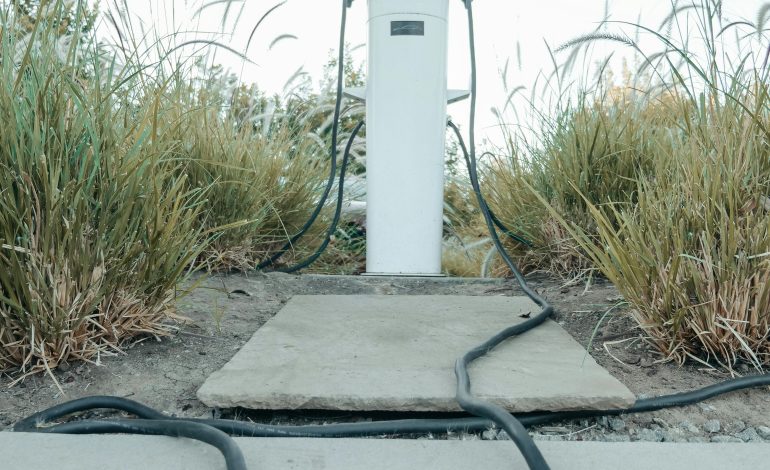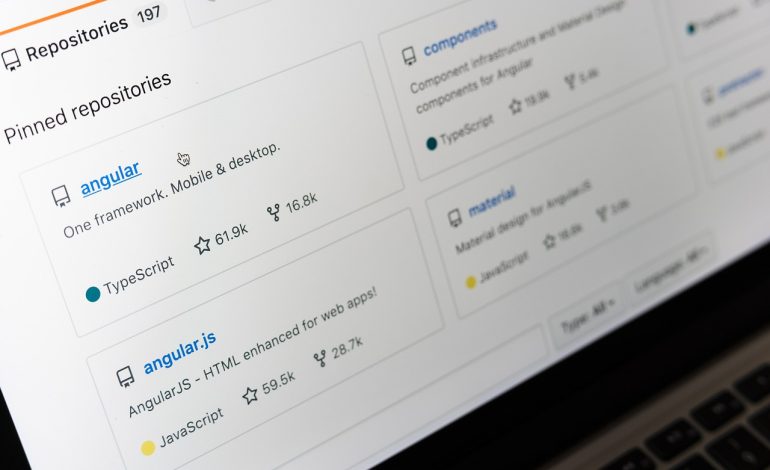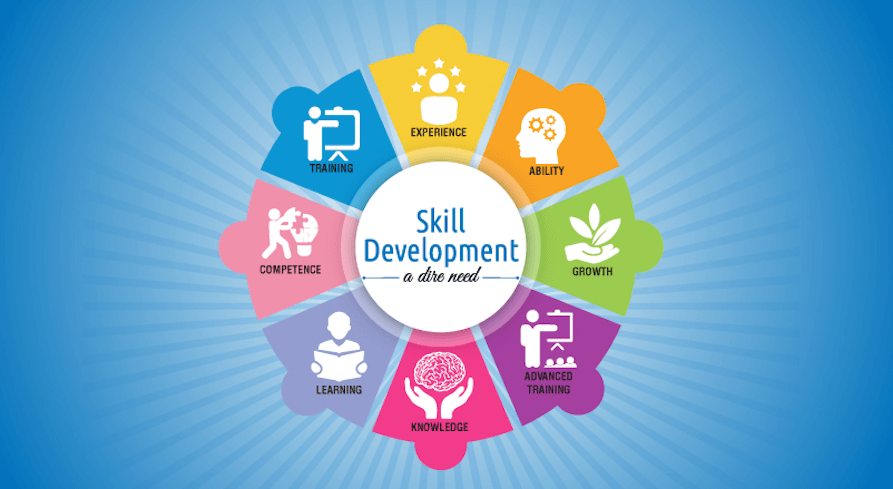
The Future of Renewable Energy: What to Expect in 5-10 Years
IMAGE CREDIT: PIXABAY
As the world shifts toward sustainable practices, the renewable energy industry stands at the forefront of change. Over the next 5 to 10 years, this sector is expected to see significant advancements that will reshape the global energy landscape. From innovative renewable energy technologies to green energy solutions powering the future, here’s a closer look at what we can expect from the future of renewable energy.
1. Breakthrough Renewable Energy Technologies
One of the biggest drivers of change in the renewable energy industry will be advancements in solar energy technology, wind power, and energy storage systems. In the next decade, expect solar panels to become more efficient, affordable, and adaptable for various environments, making solar energy a more viable option for both homes and businesses.
Wind energy technology will also continue to evolve, with offshore wind farms and floating turbines becoming more widespread. This growth will help tap into the vast potential of wind energy in coastal and deep-sea regions.
In addition to generation, energy storage will see dramatic improvements. Battery technologies like lithium-ion and solid-state batteries will become cheaper and more efficient, enabling better storage of intermittent renewable sources like wind and solar. This will make renewable energy more reliable and accessible.
2. The Rise of Green Hydrogen
Another transformative technology expected to play a major role in the future of renewable energy is green hydrogen. Produced using renewable electricity, green hydrogen has the potential to decarbonize sectors that are difficult to electrify, such as heavy industry and long-haul transport.
In the coming years, we can expect significant investments in green hydrogen infrastructure, including large-scale electrolyzers and pipelines for transporting hydrogen. As this technology scales, green hydrogen will become an essential part of global energy solutions, reducing reliance on fossil fuels.
3. The Decentralization of Energy Systems
The future of energy will be increasingly decentralized, as more people and businesses install solar panels, wind turbines, and energy storage systems. Microgrids and smart grids will enable local communities to generate, store, and distribute energy more efficiently, reducing reliance on centralized utilities and lowering transmission losses.
This shift toward distributed energy systems will not only empower consumers to take control of their energy consumption but also help mitigate the impact of power outages and disruptions.
4. Government Policies and Global Investment in Clean Energy
The future of renewable energy will also be influenced by global policies aimed at combating climate change. As nations work to meet net-zero emissions goals, the push for clean energy solutions will intensify. Governments worldwide are already introducing incentives and subsidies to encourage the adoption of renewable technologies.
In addition, private sector investment in green energy solutions is expected to soar. With corporate sustainability being a top priority, companies are investing in renewable energy sources to power their operations and meet their own net-zero targets.
5. AI and Big Data Transforming the Energy Sector
Artificial intelligence (AI) and big data are set to revolutionize how we manage and optimize energy systems. In the near future, AI will improve energy forecasting, allowing utilities to better predict energy demand and optimize the distribution of renewable energy. Smart grids will leverage AI to efficiently manage the supply and demand of electricity from renewable sources.
Big data will also be used to track energy consumption patterns, allowing for more accurate demand forecasting and personalized energy solutions. These technologies will help companies and consumers make smarter, more efficient energy decisions.
6. Global Energy Transition: Renewable Energy’s Role in Sustainability
The transition to a global sustainable energy future is already underway. In the next decade, the global energy mix will increasingly shift toward renewable sources, reducing the carbon footprint of power generation and driving us closer to achieving climate goals.
Governments, corporations, and consumers alike will continue to invest in cleaner, greener energy solutions. With technological innovations, growing investments, and a collective global effort, the renewable energy sector will play a pivotal role in the fight against climate change and the creation of a sustainable future.
Conclusion: The Bright Future of Renewable Energy
The future of renewable energy is filled with exciting possibilities. With advancements in technology, the rise of green hydrogen, and a greater focus on sustainability, renewable energy will become more accessible, reliable, and affordable. As we move forward, renewable energy solutions will not only help us meet our environmental goals but also power a cleaner, greener, and more sustainable world.
If you’re interested in staying updated on the latest trends in the renewable energy industry, make sure to follow our blog for more insights and expert analysis.
RELATED TOPICS
How to Save Money Effortlessly with Coupert Browser Extension





